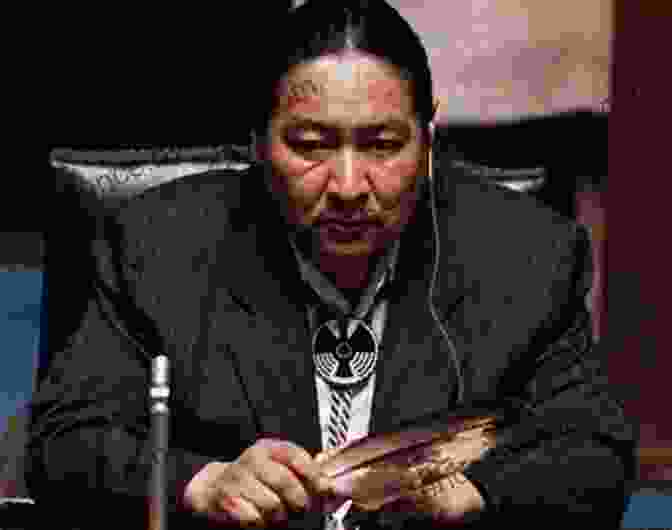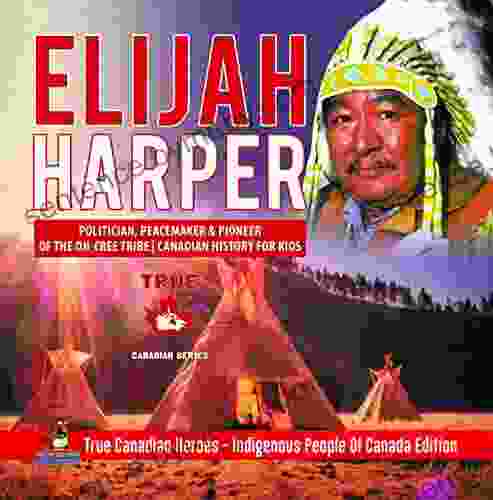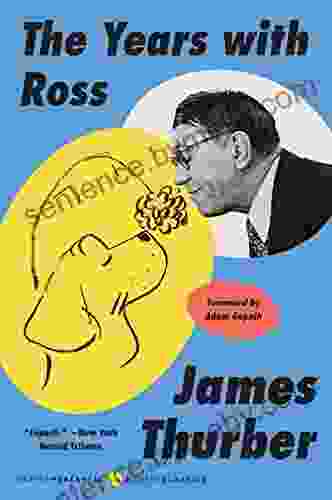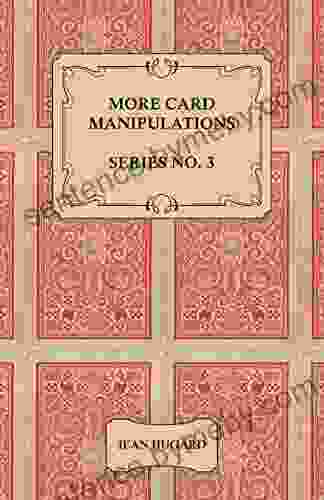
5 out of 5
| Language | : | English |
| File size | : | 40328 KB |
| Screen Reader | : | Supported |
| Print length | : | 80 pages |
Elijah Harper was a Canadian politician and Indigenous leader who dedicated his life to fighting for the rights of his people. A member of the Oji-Cree tribe, Harper served as Chief of the Red Earth Cree Nation for over 20 years. He was also a vocal advocate for Indigenous rights on the national and international stage.
Early Life and Education
Elijah Harper was born on the Red Earth Cree Nation in Saskatchewan, Canada, in 1932. He was one of 12 children born to a Cree father and a Scottish mother. Harper's early life was marked by poverty and discrimination. He attended a residential school for a time, but he was eventually expelled for speaking his native language.
Despite the challenges he faced, Harper was a bright and ambitious young man. He went on to earn a degree in social work from the University of Saskatchewan. After graduating, Harper worked as a social worker for the Red Earth Cree Nation.
Political Career
Harper's political career began in the early 1970s. He was elected Chief of the Red Earth Cree Nation in 1974, a position he held for over 20 years. As Chief, Harper fought for the rights of his people on a number of fronts. He negotiated land claims agreements with the Canadian government, and he worked to improve housing, education, and health care for his community.
Harper was also a strong advocate for Indigenous rights on the national and international stage. He served as President of the National Indian Brotherhood (now the Assembly of First Nations) from 1980 to 1982. In this role, he represented the interests of Indigenous peoples across Canada. Harper also spoke out against the Canadian government's policies of assimilation and paternalism.
Peacemaker
In addition to his work as a politician, Harper was also a peacemaker. He played a key role in mediating the Oka Crisis in 1990, which saw a standoff between Mohawk protesters and the Canadian government. Harper's efforts helped to resolve the crisis peacefully.
Harper was also a strong advocate for non-violence. He believed that violence only begets more violence. He often spoke out against the use of force by the Canadian government against Indigenous peoples.
Pioneer
Elijah Harper was a pioneer for Indigenous rights in Canada. He was one of the first Indigenous leaders to speak out against the Canadian government's policies of assimilation and paternalism. He also worked to improve the lives of his people by negotiating land claims agreements and working to improve housing, education, and health care.
Harper's legacy is one of fighting for the rights of Indigenous peoples. He was a politician, peacemaker, and pioneer who made a significant contribution to Canada.
Elijah Harper was a remarkable man who dedicated his life to fighting for the rights of his people. He was a politician, peacemaker, and pioneer who made a significant contribution to Canada. Harper's legacy is one of fighting for the rights of Indigenous peoples. He is an inspiration to all who believe in justice and equality.


























































































